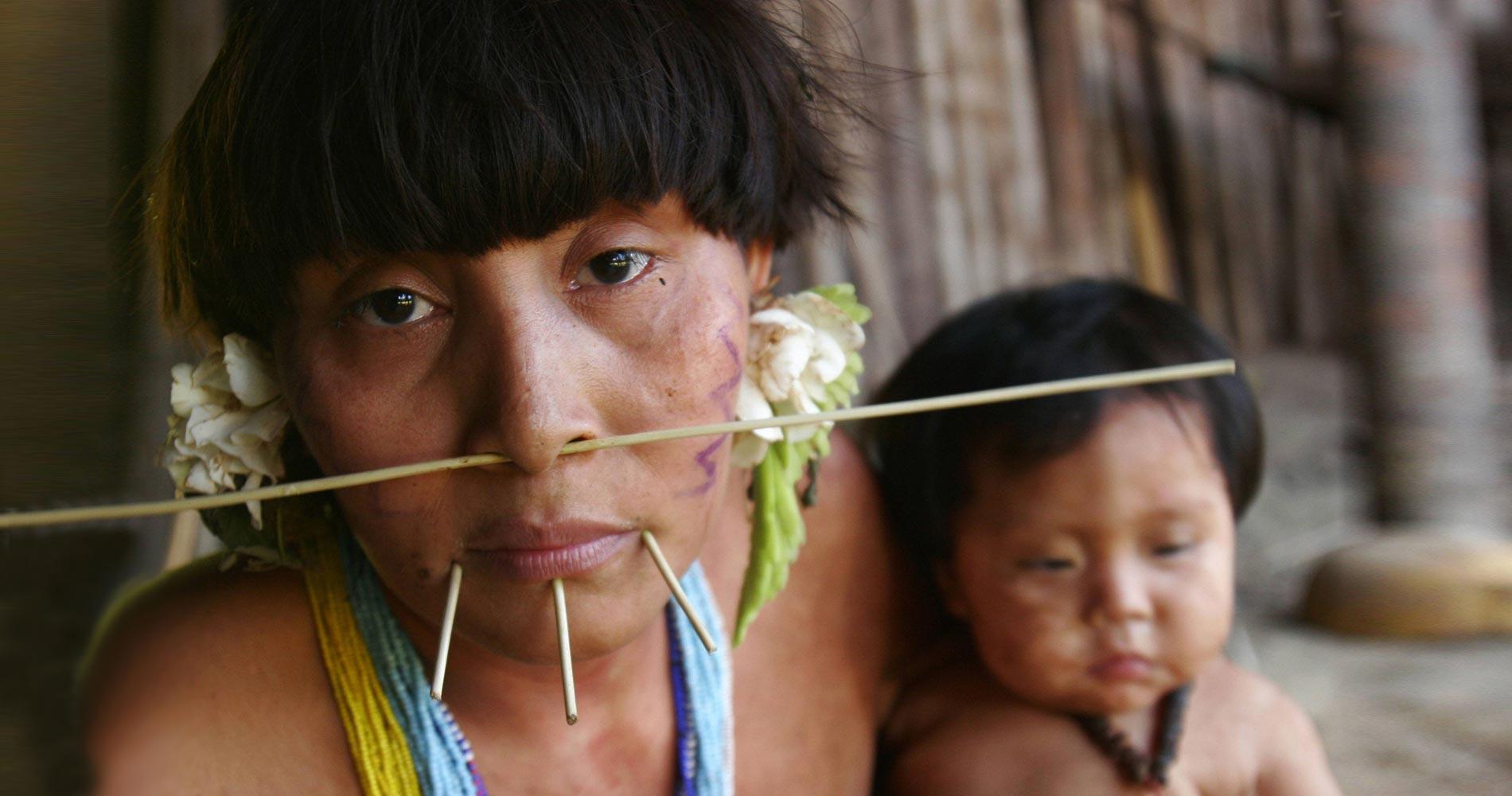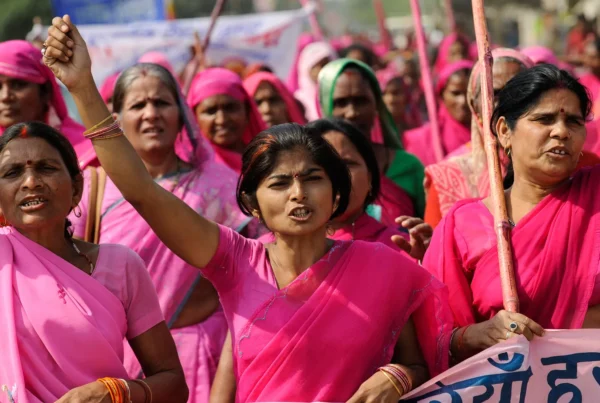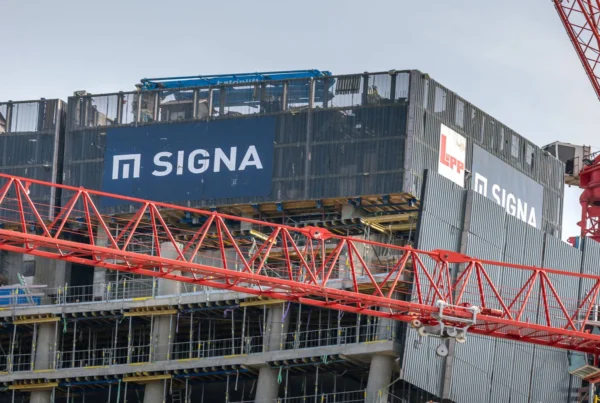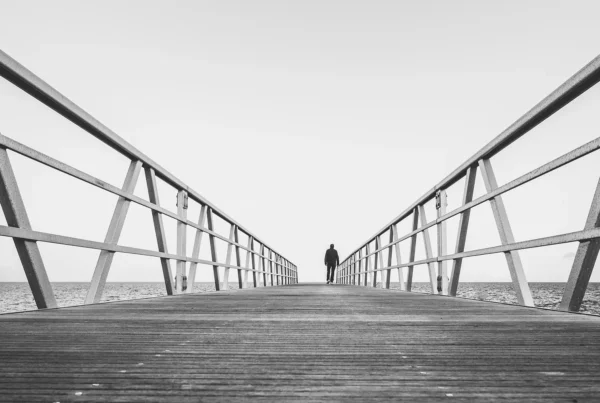Illegal gold mining in the Amazon rainforests of Peru, Brazil and Venezuela is causing unprecedented und irreversible consequences for indigenous people and their lands. Immediate measures are required to save the Amazon and the Yanomami people from total destruction and extinction. Sônia Guajajara, Brazil’s newly appointed Minister of Indigenous Affairs is the first indigenous women to hold this position. Guajajara, President Lula da Silva and his new Minister of Environment, Marina Silva, will fight to preserve the Yanomami people and stop illegal gold mining and deforestation in the Amazon rainforest. Only time will tell if this battle against the unscrupulous practices of illegal gold miners will succeed.
Angeladora Novi, 26 May 2023
Brazil, one of the world’s top gold producers, has, in the last four years, experienced a significant increase in gold mining areas, which has led to a surge in its gold production and exports. In 2021 and 2022, the amount of gold Brazil produced was reported at 61 and 60 tons, respectively. At the same time, statistical data show that in 2021 the country’s gold export income was equal to USD 5.29 billion, an increase of almost 8% compared to 2020. However, the human, ethical and environmental costs of such an extensive production of one of the most valuable minerals on earth are high.
The Yanomami land, the largest indigenous reserve in Brazil situated in the northern state of Roraima, is one of the Brazilian territories most severely affected by the expansion of gold-mining activities. Hundreds of Yanomami people were found in life threatening conditions as a direct result of the increased number of illegal gold mines in the territory, which led to its people suffering from starvation and other deadly diseases. As a consequence, the newly appointed Brazilian Health Minister declared a public health emergency in the region.
The Yanomami reserve, a vast territory of approximately 9.6m hectares – an area double the size of Switzerland – is a wilderness hidden in the depth of the Amazon rainforest. The roughly 25 000 aboriginal people inhabiting the Yanomami reserve are spread among 370 villages and live off fishing, hunting and fruit gathering.
While the Yanomami people have lived in these territories for centuries, today their ancient traditions, culture and, more importantly, their lives are at serious risk. Between 2019 and 2022, the illegal mining industry caused unprecedented rates of deforestation in the Yanomami land, which led to the destruction of 5053 hectares of their territory. The loss of the forest and its ecosystem has had tragic consequences for the lives of tribal peoples spiritually connected to their land. Their survival is strictly connected to the survival of the surrounding natural territory, which is the source of their basic livelihood, including food and medicines. The deforestation of the Amazon’s environment is only one of the multiple catastrophic issues related to illegal gold mining.
The more than 25 000 gold miners, locally called garimpeiros, who have entered the Yanomami homeland, a protected territory where mining is illegal, are the cause of many problems that can eventually lead to the extinction of the local inhabitants. Mercury, which is typically used by the miners to separate gold from the rock, contaminates the earth and the rivers, posing a threat to those whose food comes from contaminated soil and water. High levels of mercury were found in the blood of 92% of the Yanomami, which increases neurological pathologies, heart diseases and cancer.
Besides contaminating the environment, the garimpeiros bring malaria, flu, Covid 19 and other respiratory illnesses. In 2022, 10% of the malaria cases recorded in Brazil were registered in the Yanomami region, and 30% of children’s deaths in the indigenous territory were caused by pneumonia.
Last but not least, the cases of rape and violence committed by the invaders against children and women have also reached record numbers in the area. The food chain disruption due to high contamination, combined with unprecedented levels of lethal infections and safety issues are all elements threatening the existence of one of the few remaining indigenous communities living in the world’s largest rainforest.
The indigenous land was invaded by the first prospectors in the 1970s. A geological study published by the Brazilian government on potential reserves of valuable minerals in the Yanomami territory soon came to the attention of gold and uranium prospectors. Over the next two decades, the region witnessed the invasion of the first garimpeiros and suffered the consequences of mining activities. Not only did the rivers have high levels of mercury contamination, but also the indigenous community was hit by a deadly measles and a tuberculosis outbreaks.
Only in 1992, when the government declared the Yanomami territory a natural reserve and closed the area to mining activities, did the indigenous inhabitants begin to have a healthier and safer life. Although a few prospectors had remained in the area, the situation improved drastically until 2019, when Jair Bolsonaro became Brazill’s president. During his 2018 electoral campaign, the former far-right president had secured for his party the firm support of prospectors with his political policy of open access to mining in the Amazon forest.
Soon after Bolsonaro took office, the garimpeiros’ invasion in the Yanomami region started to reach peak levels. Driven by the belief that the reserve was too large to belong to an indigenous tribe of less than 30 000 people, the new presidency began to issue decrees to boost the precious mineral mining with exclusive focus on the Amazon region.
While Brazil’s policies were part of a plan to develop artisanal and small-scale mining, the majority of gold mines in the Amazon were highly mechanized and far from using simple forms of exploration, extraction and transportation methods, which characterize artisanal mining. The Brazilian Constitution recognizes artisanal mining as legitimate, but the 1967 Mining Code – the main regulatory framework – declares that artisanal mining is prohibited in indigenous reserves. The garimpeiros activities in the Yanomami region are not only disastrous for the environment but also against the 1967 Mining Code.
The proliferation of illegal gold mining activity on indigenous lands is a relatively small part of the environmental damage by the Bolsonaro administration. Deforestation grew by 60% compared to the previous government, while the invasion of indigenous lands and illegal mining increased by 212% and 125% respectively.
The precarious situation became evident only at the start of 2023 through the administration of the new president, Luiz Inácio Lula da Silva. Following a visit to two hospitals serving aboriginal people from the Yanomami region, Lula publicly claimed that what he had witnessed in the Roraima region was a genocide for which his predecessor, Bolsonaro, had to be considered responsible. In order to tackle the emergency situation, the Ministry of Health established a public emergency center. More than 30 tons of food were distributed to the local communities and the most severe cases were transferred to Boa Vista, Roraima’s capital. At the same time, the Brazilian government launched an operation to expel the garimpeiros from the Yanomami region.
Lula’s promise to stop illegal mining and put an end to deforestation is a challenging task. However, some of Lula’s first political moves give space for optimism. This includes the appointment of Sônia Guajajara, the first indigenous woman to become head of a Ministry of Indigenous Affairs, and the appointment of Marina Silva, an environmentalist who led a successful fight against deforestation during Lula’s first presidency 2003-2008, as the new Minister of Environment.
With Lula’s second term as president and his pro-human rights and environmental protection policies, the future survival of the Yanomami land and its people can hopefully be secured.







